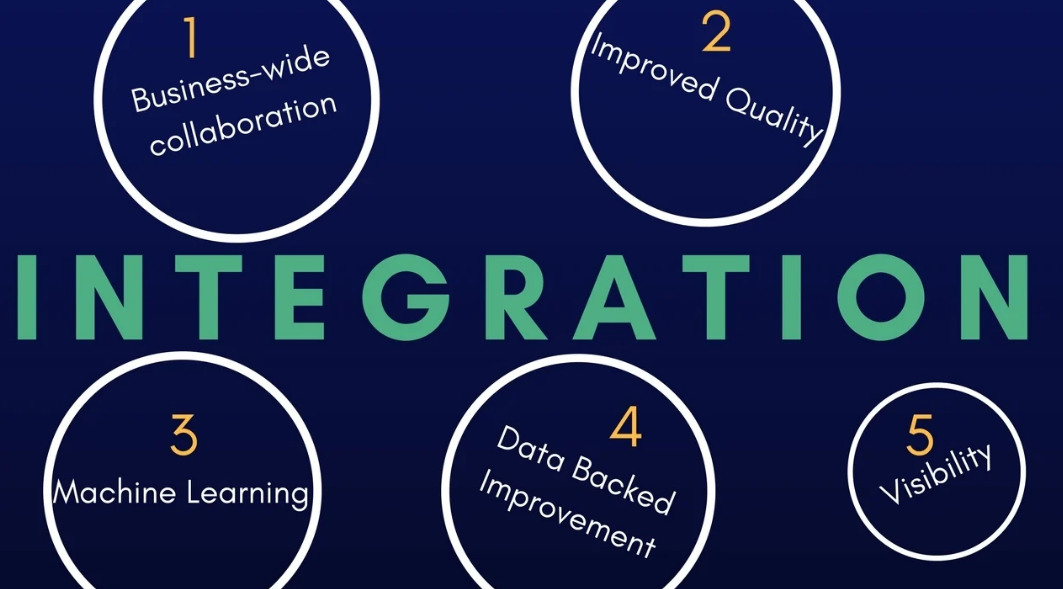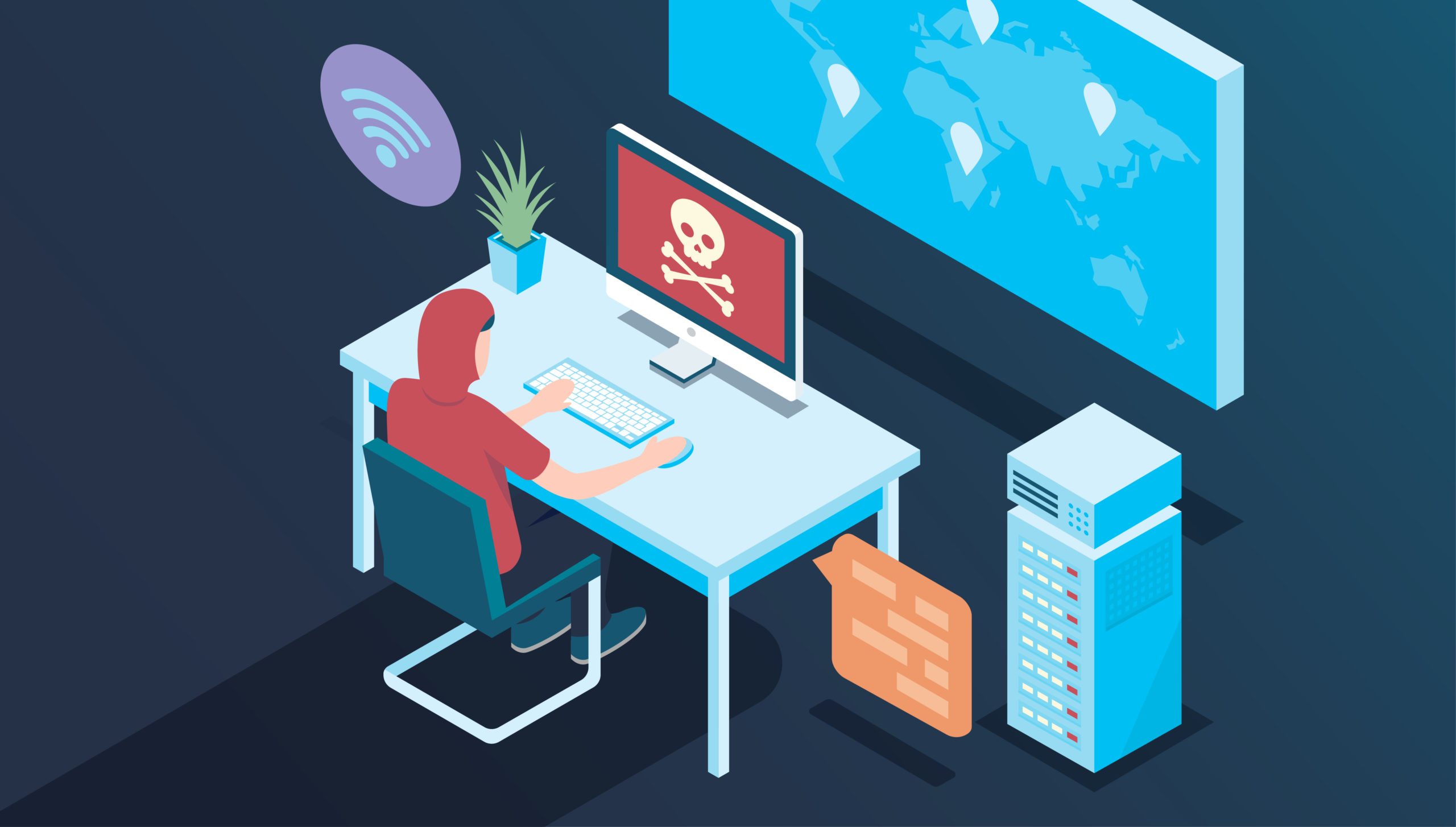Starting a business can be exciting, but it also comes with a lot of challenges. Many people dream of becoming entrepreneurs but may not have the time, experience, or resources to build a company from the ground up. If you want to own a business with a proven system in place, franchising could be the perfect option for you and we are here to share the best franchising tips so read on.

A franchise allows you to start a business using an established brand, products, and operational model. This means you don’t have to go through the difficult early stages of business development. If you’re looking for a way to break free from the traditional 9-to-5 job and step into the world of entrepreneurship, a franchise can be a great way to do it.
According to industry statistics, franchises make up 11.4% of all businesses and employ over 9.6 million workers. Investing in a franchise can be an excellent way to own a business while reducing some of the risks involved with starting from scratch. However, it’s essential to understand the process and what’s required before making a decision.
This guide will walk you through the basics of franchising, its benefits, and the steps needed to get started.
Content
What is a Franchise?
A franchise is a type of business model that allows entrepreneurs to own and operate a business using the name, branding, and system of an established company. In simple terms, the franchisee (business owner) purchases the rights to run a business under the franchisor’s (brand owner’s) name.
Franchisees follow specific guidelines set by the franchisor, including operational procedures, branding rules, and product or service offerings. In exchange, they receive training, marketing support, and the benefit of working with a recognized brand. Some well-known franchises include McDonald’s, Subway, and Dunkin’.
Benefits of Starting a Franchise
There are many reasons why aspiring business owners choose franchising over starting an independent business. Below are some of the biggest advantages.
1. Established Brand Recognition
One of the most significant benefits of franchising is that you get to operate under a well-known brand. This makes it easier to attract customers, as people already trust and recognize the brand name.
2. Proven Business Model
Franchises operate based on a tested system, which reduces the risk of failure. You don’t have to figure out marketing, product development, or business operations from scratch.
3. Built-In Customer Base
Since the brand is already established, customers are familiar with the business, which means you don’t have to work as hard to gain their trust.
4. Training and Support
Franchisors provide ongoing training, guidance, and business support. This includes operational procedures, marketing strategies, and even assistance with finding the right location.
5. Lower Marketing Costs
Many franchise businesses have national or regional marketing campaigns in place, reducing the need for franchisees to spend a lot on advertising.
6. Easier Access to Financing
Banks and lenders are often more willing to provide funding for franchise businesses because they have a higher success rate than independent startups.
Steps to Starting a Franchise Business
If franchising sounds like the right choice for you, here are the key steps to get started.
1. Research Franchise Options
The first step is to explore different franchise opportunities. Franchises exist in a variety of industries, including food service, retail, fitness, and home services. When researching, consider the following:
- Initial investment and ongoing costs
- Industry trends and demand
- Franchisor’s reputation and support system
- Your interests and business goals
2. Understand the Costs
Starting a franchise requires financial investment. Here are some of the costs involved:
- Initial Franchise Fee – A one-time fee paid to the franchisor for the rights to operate under their brand. This can range from $10,000 to $100,000 or more.
- Royalty Fees – A percentage of your revenue (typically between 5% and 10%) paid regularly to the franchisor.
- Marketing Fees – Some franchises require contributions to a national or regional marketing fund, which can range from 1% to 4% of sales.
- Operational Costs – Expenses like rent, payroll, equipment, inventory, and licenses.
3. Create a Business Plan
Even though you are buying into an established system, it’s still essential to have a business plan. This document should include:
- Your goals and vision
- Financial projections
- Marketing strategies
- Operational plans
A strong business plan can also help you secure financing if needed.
4. Review the Franchise Agreement and FDD
Before signing any contract, carefully review the Franchise Disclosure Document (FDD) and the franchise agreement. The FDD provides important information about the franchisor, fees, obligations, and potential earnings. If needed, consult a franchise attorney to ensure you understand all terms and conditions.
5. Secure Financing
If you don’t have the full investment amount, consider financing options such as:
- Bank loans
- SBA loans (Small Business Administration loans)
- Franchisor financing programs
- Investors or business partners
6. Choose a Location
The success of your franchise can depend heavily on location. Work with the franchisor to select a high-traffic, easily accessible site that fits their guidelines. Factors to consider include:
- Demographics and target market
- Competition in the area
- Zoning laws and lease agreements
7. Hire and Train Employees
Your franchise will need a strong team to run smoothly. Hire employees based on the franchisor’s recommendations and provide thorough training. Make sure your team understands company policies, customer service standards, and daily operations.
8. Launch Your Business
Once everything is set up, you’re ready to open! The franchisor may help with a grand opening event and provide marketing support. Be sure to follow their strategies and guidelines to maximize success.
Final Thoughts
Owning a franchise is a great way to become a business owner while reducing many of the risks associated with starting from scratch. With a well-established brand, built-in customer base, and ongoing support, you can increase your chances of success.
However, it’s important to do thorough research, understand the costs, and carefully review all agreements before making a commitment. If you take the right steps, franchising can be a rewarding and profitable business venture.

I’m Aurelia Brown! I blog about tech, how to use it, and what you should know. I love spending time with my family and sharing stories of the day with them.








